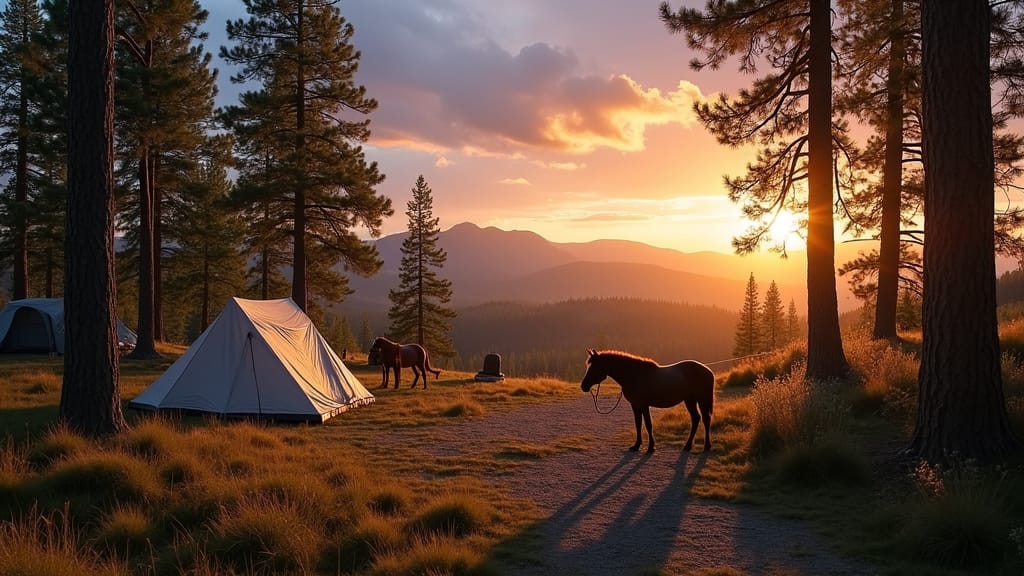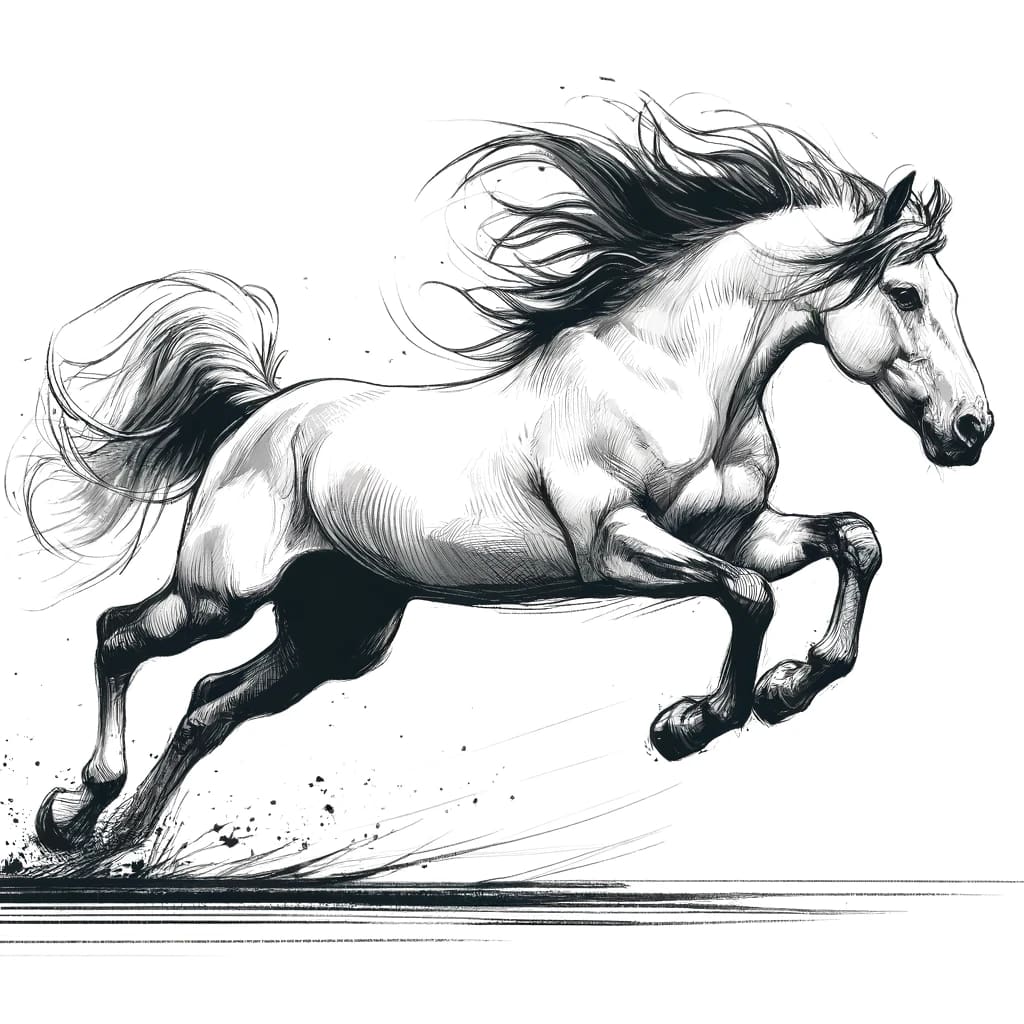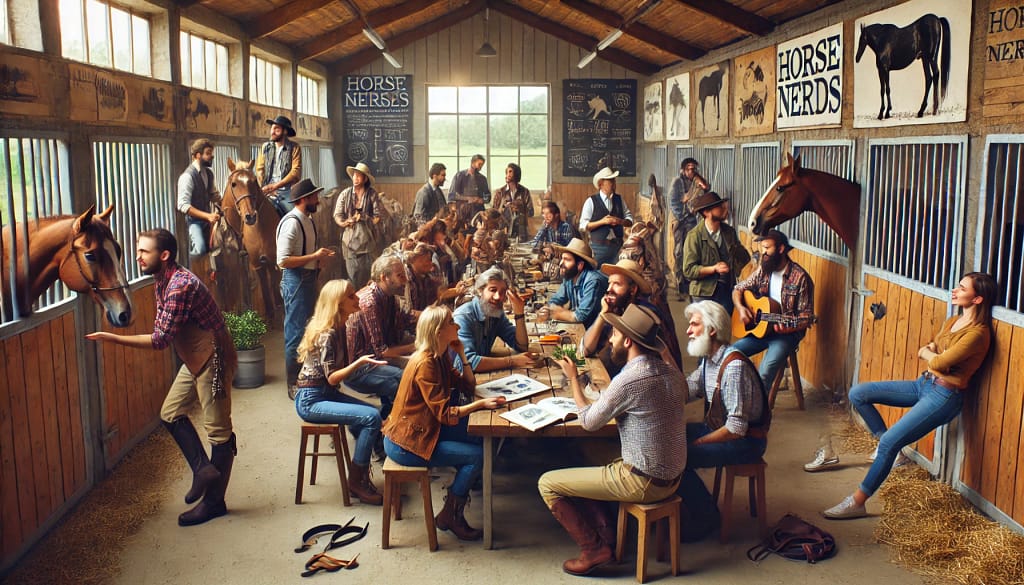Equestrian camping blends adventure, nature, and quality time with your horse. Packing for this kind of trip means getting ready for the needs of both you and your horse, which adds a few wrinkles to your average camping checklist. Choosing the right gear and knowing how to use it can make these trips a lot smoother, safer, and way more fun. I’ve gathered some of the most practical insights and tips from years on the trail, so you’ll feel confident planning and packing for your first, or next, horse camping trip.

Key Gear for Horse Camping
Spending the night with your horse takes camping logistics to the next level compared to a typical outdoor trip. Both rider and horse need food, shelter, and good ways to rest and recover. The gear you bring has a big impact on your comfort and your horse’s well-being.
The growing interest in horse camping follows the popularity of trail riding and increased access to trails on public lands and private equestrian campsites. Horse camping itself isn’t new; it goes back to days of long cattle drives and adventurous treks that crossed continents. These days, having solid equipment and smart routines helps you soak up peaceful days and cozy nights with your horse at your side.
Getting Ready for Equestrian Camping
Some basics can set you up for a great experience. It’s less about having a bunch of gadgets and more about sturdy, reliable gear that keeps you and your horse happy in unpredictable outdoor conditions.
If you’re just starting out with equestrian camping, you should stick with tried and true essentials. Here are the basics I recommend for your checklist, whether you’re going out for one night or several:
- Portable Corral or Highline: Keeps your horse secure and comfortable overnight.
- HeavyDuty Buckets: For water and feed—horses drink plenty, especially after a day of riding.
- Saddle Bags and Panniers: Carry feed, firstaid kits, snacks, and rain gear while riding or packed away at camp.
Don’t forget about “camp chores” like watering your horse or cleaning up manure. A folding camp shovel, manure fork, and a couple of extra lead ropes often prove to be lifesavers.
Quick Checklist to Get Your Horse Camping Adventure Rolling
Organizing your gear for horse camping isn’t just about what goes in your truck or trailer. Here’s a stepbystep rundown of how I handle the basics when planning a trip:
- Check Campsite Rules: Make sure horses are allowed where you plan to stay, and look for rules around water sources and corral setups.
- Inspect and Clean Tack: Go over saddles, halters, and lead ropes for wear and tear. Thorough cleaning helps prevent saddle sores or breaks on the trail.
- Pack Horse Feed and Supplements: Portion out meal bags or buckets ahead of time, and always bring more feed than you think you’ll need, just in case.
- Plan for Water: Know where you’ll refill or bring enough for both you and your horse.
- DoubleCheck FirstAid Kits: Carry kits for both horse and rider—wraps, ointments, scissors, necessary meds, and a hoof pick.
Following this checklist helps you avoid surprises, keeps your horse healthy, and lets you relax when you reach camp. I also keep a log of everything on my phone—super handy if you camp often or change up your locations.
Things to Think About Before Your First Horse Camping Trip
There are plenty of hangups that trip up both new and experienced horse campers. Here’s what’s made a difference for me:
- Horse Conditioning: Your horse should be comfortable with both long rides and sleeping away from their regular stall.
- Weather Variability: Temperature changes can be serious out in the open. Pack layers for both yourself and your horse—lightweight horse blankets for chilly nights are a good idea.
- Campsite Hazards: Always check for anything that could get tangled in your highline or spook your horse: roots, low branches, or trash.
- Trail Etiquette and Regulations: Horse campers share space with hikers and cyclists. Following the rules and respecting fellow campers keeps things smooth.
Conditioning Your Horse
A tired horse or one inexperienced with sleeping outdoors might feel nervous at camp. Before heading out on longer trips, I recommend a local test run or setting up a “mini camp” closer to home. This gives your horse time to get used to new sights, sounds, and routines away from the barn.
Weather Changes
Shifting weather can challenge both horse and rider. Bringing rain gear for yourself and a waterproof quarter sheet or blanket for your horse makes a difference (and keeps everyone healthier). Even if the forecast is clear, pack for surprise changes.
Campsite Hazards
Look over the ground for anything that could trip or poke a hoof, like sharp rocks or glass. Lead your horse around camp before dark so they know the lay of the land. A little scouting can help keep nighttime spooks to a minimum.
Trail Etiquette
Yield to hikers and slow down around bikers or busy intersections. I always appreciate a headsup from other trail users if they’re coming up behind me, or if they have dogs along for the hike.
Doing a little research and practice trips will save you from “wish I’d known” moments. Your horse will settle in faster, and you’ll actually get a better night’s sleep under the stars.
Eye-Catching Tips for Equestrian Camping
Once you’ve nailed the basics, these extra tips can give your camping trips a boost:
Try a HiTie or Portable Corral: These let your horse move, graze, and rest comfortably. They also prevent pawing or damage to campsite trees.
Experiment with Lightweight Packing: Go for multipurpose gear—panniers that double as water buckets, or saddle pads with removable liners make cleanup a breeze.
Reflective Tack and Gear: Early starts or late night checkins get a boost when you use reflective bands or lights on leads to spot your horse quickly.
Stay Nourished and Hydrated: Bring snacks that won’t spoil and try electrolyte chews or tablets for yourself—the trails can be hot in summer.
Quality Sleep Solutions: Invest in a reliable tent or sleep system. Mesh windows help with airflow and keep bugs at bay after a long ride in the saddle.
Little creature comforts count too—a folding camp chair or instant coffee can turn a rainy morning from a slog to manageable.
Top Equipment That Makes a Difference
Some gear becomes “can’t do without” after a few camping trips. Here are the essentials from my experiences and from recommendations by seasoned horse campers:
- Horse Picket Line or HiTie Arm: Secure, and less likely to leave your horse tangled up like a ground rope can.
- Comfortable Sleeping Mat: There’s a huge difference between waking up refreshed and waking up sore.
- Whistle or Megaphone: Handy in emergencies or for calling out if anyone in your group needs help fast.
- Laminated Maps: Even if you use trail apps, a paper backup stays useful when batteries or cell service run out.
Other key items I bring along—a solar charger for my phone and lights, a reliable lighter for the campfire, and an extra headlamp. There’s nothing trickier than fumbling after dark with a horse waiting on you!
Frequently Asked Questions
People often ask the same questions when getting started, so here are answers to the ones I hear most:
Question: How do I get my horse used to camping?
Answer: Try a few practice overnight trips close to home so your horse gets comfortable being away from the barn. Then add new environments and a bit more time each trip to build their confidence.
Question: What kind of feed should I bring?
Answer: Use the same feed as you do at home to prevent digestive troubles, plus extra hay and maybe a handful of treats for motivation. Always pack extra feed in case plans change or rides run long.
Question: How do I make sure my horse stays hydrated?
Answer: Bring water from home when possible, or bring large buckets if you’ll be refilling. Encourage your horse to drink before, during, and after each ride, and add a little salt to grain if you need to get them drinking more.
Packing Up for the Trail
Getting into equestrian camping is all about preparation and a willingness to roll with the punches. Each trip teaches you more about your horse’s preferences and your own needs, so your packing list gets smarter every time. Start with the essentials, add a few comfort items, and horse camping will feel more relaxed and rewarding every time you hitch the trailer and head out.



